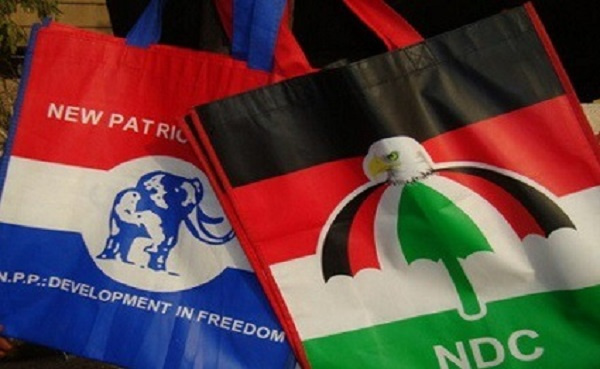Dr. Callistus Mahama, an aide to former President John Mahama has entreated political parties in Ghana to adopt and implement exclusive systems to select representatives for parliamentary elections.
Such a system, he suggested, must be one where the decision to select parliamentary candidates is left to either an individual or a committee with regulated guidelines.
‘’With this system, a single party leader or a national party agency or committee is constituted to decide on the candidates to be selected without the approval or participation of the local party members or delegates,” he said.
Callistus Mahama emphasized that although the method may be criticized as undemocratic, it could be improved to reflect the aspirations of the 1992 constitution through legislation.
He recommended a well-structured committee to appoint the candidate to include opinion leaders and people with integrity within the party and society.
Describing the delegate system as “a breeding ground for corruption and weak governance in Ghana,” John Mahama said the procedure where delegates choose representatives for parliamentary and presidential elections exposes the process to dishonesty dealings.
He said the method breached the principles of liberal democracy as delegates placed monetary gain over meritocracy.
“The expensive nature of the delegate system as being practiced currently in Ghana undoubtedly creates the breeding ground for weak governments and corrupt leaders to start with.”
Callistus Mahama said the delegate method of selecting parliamentary candidates was also gender biased, as women were extremely disadvantaged because they had no funds to “bribe” delegates.
“The delegate system overly and covertly creates limitations to popular participation and could thus exclude some sections of people from participating in the democratic process. For instance, women have become victims of such a highly controlled and competitive selection process given how rigorous the process can be vis a vis the fragility and vulnerability of women.”
Mahama concluded that the delegate system could lead to voter apathy because the choices of delegates may not reflect the collective choice of the majority in the constituency.
“The majority of the voters may feel betrayed because of the choices of candidates made by the selected delegates. Voter apathy is a subtle means of disenfranchising eligible voters and, by extension, constraining the frontiers of democracy in general,” he said.
Source: gna.org.gh




